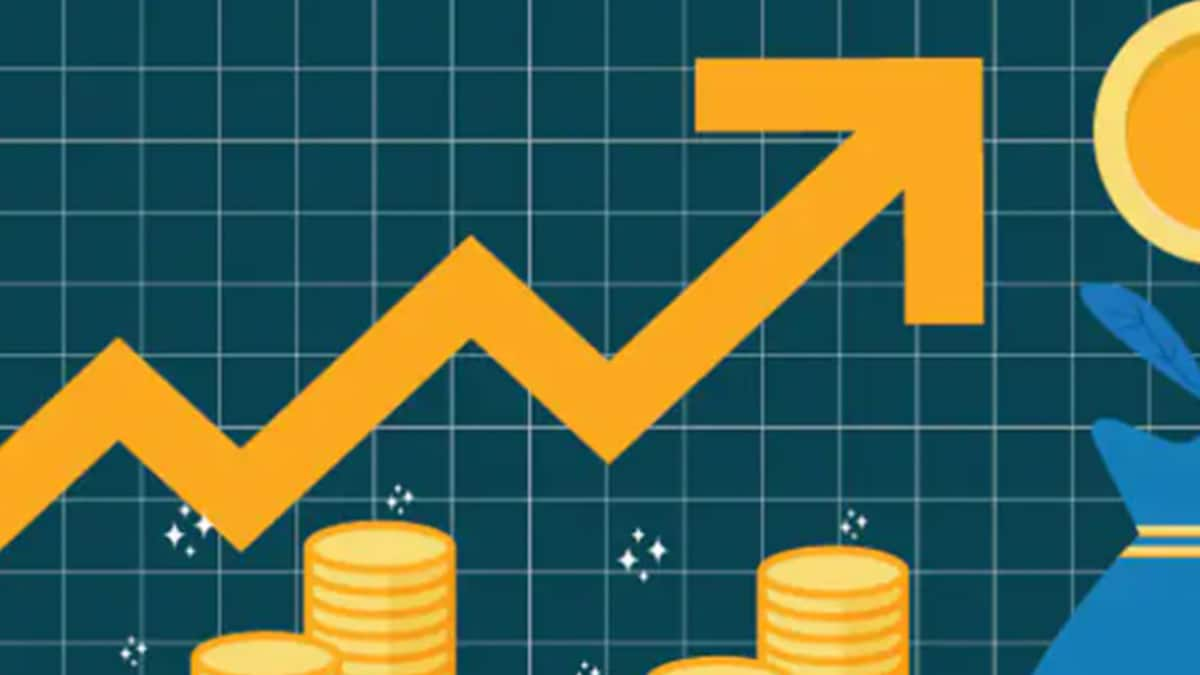Why GST Sees Highest-Ever Collection In April 2023? Experts Say This
After maintaining a consistent 11-13 per cent growth in the past few months, the goods and services tax (GST) in April saw the highest-ever collections of Rs 1.87 lakh crore, crossing the Rs 1.75 lakh crore mark for the first time. Experts and industry players said the all-time high indirect tax collections point to the robust growth of the Indian economy on a strong pick-up in consumer demand.
Mahesh Jaising, partner and leader (indirect tax) at Deloitte India, said, “This phenomenal growth (in GST collections) is attributable to year-end compliances by taxpayers for 2022-23, overall growth in the economy, and the push for GST audits. Revenue authorities are on the job for tax recoveries by using data analysis and risky taxpayer identification.”
He added that the buoyancy is expected to continue as Finance Minister Nirmala Sitharaman last week asked CBIC to introduce automated return scrutiny and intensify the drive against fake billing and input tax.
Ajay Singh, president of industry body ASSOCHAM, said, “The highest-ever GST collection of Rs 1.87 lakh crore in April marks an excellent beginning of FY24 . The GST numbers are indicative of robust growth of the Indian economy, on the back of a strong pick-up in consumer demand.”
Prime Minister Narendra Modi termed the record collections as “great news for the Indian economy”, adding that rising tax collection despite lower tax rates shows the success of how GST has increased integration and compliance.
Stating that growth in e-way bills in March 2023 also contributed to the GST collections, Gautam Mahanti, business head at IRIS Tax Tech, said, “As anticipated, the 12 per cent growth in April 2023 from the previous year in April 2022 (Rs 1.67 lakh crore) is attributed to the rise in e-way bills generated in March 2023 (Rs 9.09 crore), which witnessed a 16 per cent growth from the same period last year (Rs 7.81 crore in March 2022).”
He also said the record-breaking GST collection of Rs 1.87 lakh crore in April 2023 is a clear indication of the positive impact of e-invoicing and strengthened compliance regulations, coupled with India’s thriving economy.
Aditi Nayar, chief economist and head (research & outreach) at ICRA, said, “While collections have maintained a healthy 11-13 per cent growth in the recent months, a normalising base and some cooling of inflation may moderate the pace of expansion slightly in the coming quarter, although it would remain in the high single digits.”
GST Collection in April 2023
GST collections in April 2023 jumped 12 per cent YoY to hit its highest-ever level of Rs 1,87,035 crore. State-wise, Maharashtra posted the highest GST collections with Rs 33,196 crore, followed by Karnataka (Rs 14,593 crore), Gujarat (Rs 11,721 crore) and Uttar Pradesh (Rs 10,320 crore).
All states have shown an increase in collections with the highest growth percentages year-on-year coming in from the states in the northeast (Sikkim – 61 per cent, Mizoram – 53 per cent, Manipur – 32 per cent, Nagaland- 29 per cent, Tripura – 25 per cent, Arunachal – 21 per cent, Assam – 15 per cent), J&K – 44 per cent and other states like Goa – 32 per cent, Karnataka – 23 per cent, Maharashtra – 21 per cent.
Saloni Roy, partner at Deloitte India, said Odissa and Gujarat’s GST collection growth year-on-year at 3 per cent and 4 per cent, respectively, was unusual, but this would probably be made up in subsequent months.
Read all the Latest Business News, Tax News and Stock Market Updates here
For all the latest business News Click Here

